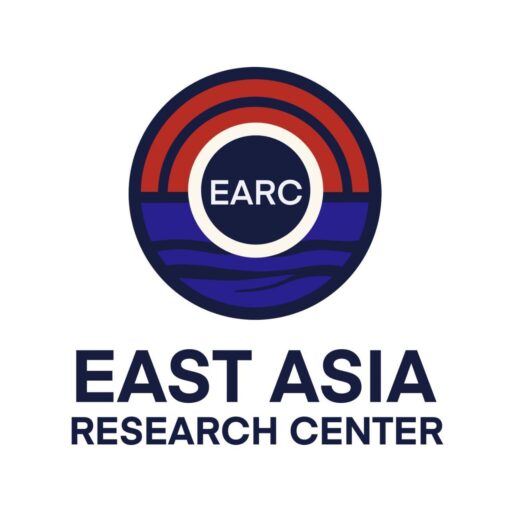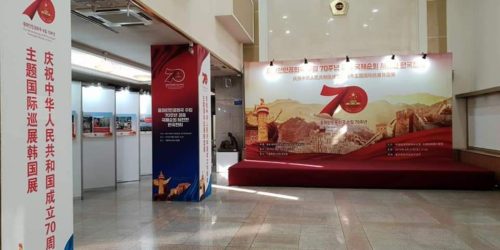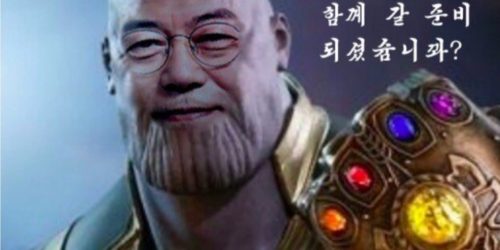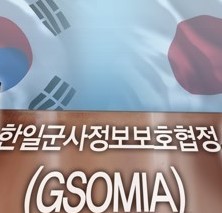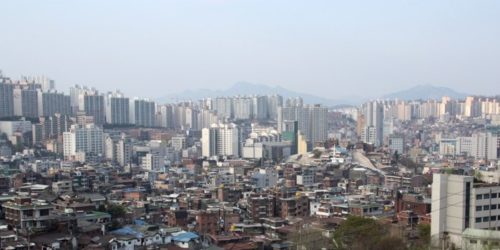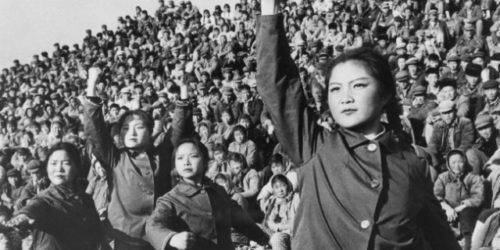Pushing Ahead with Incheon Landing Operation Damage Compensation…the Ruling Party Recalls History according to Its Preference
2019-3-19, Joongang Ilbo
How far can the reparations for historical events expand?
On March 15, 2019, the Incheon City Council passed the “Ordinance on the Livelihood Stabilization Support for the Victims of the Past” (과거사 피해 주민 생활안전 지원 조례안), which was given to the “Wolmi Island Natives” (월미도 원주민) or their heirs who suffered from landing operations in Incheon. The Incheon City Council’s position is that it is necessary to compensate the Wolmi Island natives who died or had to leave their hometowns due to UN forces bombing during the Incheon landing operation on September 15, 1950. [Note: Wolmi Island is no longer an island as it is physically connected to the City of Incheon by land reclamation.]
[Note: After North Korea invaded South Korea on June 25, 1950, North Koreans built extensive military fortifications and earthworks on Wolmi Island. “Wolmi…became ‘out of bounds’ to the local populace.” This suggests that Wolmi Island became a fortress and no civilians were allowed there. See here for further details.]
Some NGOs in the Incheon area have been claiming compensation for damage by the UN while executing the Incheon landing operation. The full-blown discussion on damage compensation began in 2006, when the Uri Party (predecessor to Deobureo Minjoo Party) lawmaker Han Kwang-won (한광원) and others introduced the “Special Law related to Wolmido Incident Fact Finding and Compensation for the Victimized Residents” (월미도 사건 진상규명 및 피해 주민 보상에 관한 특별법). However, in the absence of any further progress, the “Measures to Return Wolmi Island Natives to Hometown Committee” (월미도 원주민 귀향대책위원회) filed a claims lawsuit at the Incheon District Court in February 2011, demanding “the Ministry of National Defense, City of Incheon, the U.S. government, and the UN” compensate ₩3,000,000 ($2,600) per each Wolmi Island native household for a total of ₩135,000,000” ($119,000), and lost. The government asserted that “there’s no land registry or other basis [that support] the assertion that those who claim they lived on the Wolmi Island actually lived there.” Those [who say they are] Wolmi Island natives countered that “the data was lost due to Incheon Landing Operation.”
This is the third time that the Incheon City Council has attempted to enact ordinances on this issue. Ahn Byung-bae (안병배), Deobureo Minjoo Party lawmaker, tried to designate two ordinances in 2011 and 2014, but was rejected because they conflict with the higher law. However, the ordinance was enacted this year after the Ministry of Government Legislation provided an authoritative interpretation that “the issue of livelihood stabilization support for Wolmi Island victims who are residents of Incheon is the duty of local self-government.” Currently, 34 of the 37 Incheon City Council members are of Deobureo Minjoo Party, and all seven of the Planning and Administrative Committee are Deobureo Minjoo Party members.
However, there were criticisms of “excessive application” of the ordinance designation. A history expert who asked for anonymity said, “even after World War II, Belgium and other countries were in ruin, but there was no case for compensation for damages from military operations.” [truncated]
A spokesman for the Liberty Korea Party, Jeon Hee-kyung (전희경 ), said, “If we have to compensate for the damage from the Incheon Landing, then it’s only right to make a compensation claim against the North Korean regime that [started] the Korean War, causing enormous damage. She criticized stating “the Moon Jae-in administration cannot say a word to the war criminal North Korean [regime], but acts in concert with non-governmental groups that demand compensation from the UN, which helped us. Is that the ‘just’ society that the Moon administration talked about?”
Prior to this, the Ministry of Culture, Sports and Tourism (문화체육관광부) has made a “Committee for Restoring the Honor of the Donghak Peasant Revolution (동학농민혁명) Participants” since September last year, and this was also criticized. [Note: Donghak Peasant Revolution occurred in 1894 during the Chosun Dynasty. It is also known as the Donghak Peasant Movement, Peasant Revolt of 1894, and Gabo Peasant Revolution.] Lawmakers in Honam [South West provinces of Jelloa] area passed the revised bill, which lifted the restriction on the application period. [truncated]
However, there is a controversy over whether it was appropriate to spend tax revenue on an event that happened 124 years ago during the Chosun Dynasty. A person affiliated with Liberty Korea Party said “at this rate, the talk of compensation for the Japanese Invasion of Korea in 1592 [임진왜란] or the four incidences of Sahwa [4대 사화, the purging of classical scholars in 1498, 1504, 1519, and 1545 during the Chosun Dynasty] would emerge,” and continued, “the Minjoo Party has no [capability to make] people’s lives better, so they keep hanging on to past events.”
Source of this article: https://news.naver.com/main/read.nhn?mode=LSD&mid=sec&sid1=001&oid=025&aid=0002893443
Other sources:
